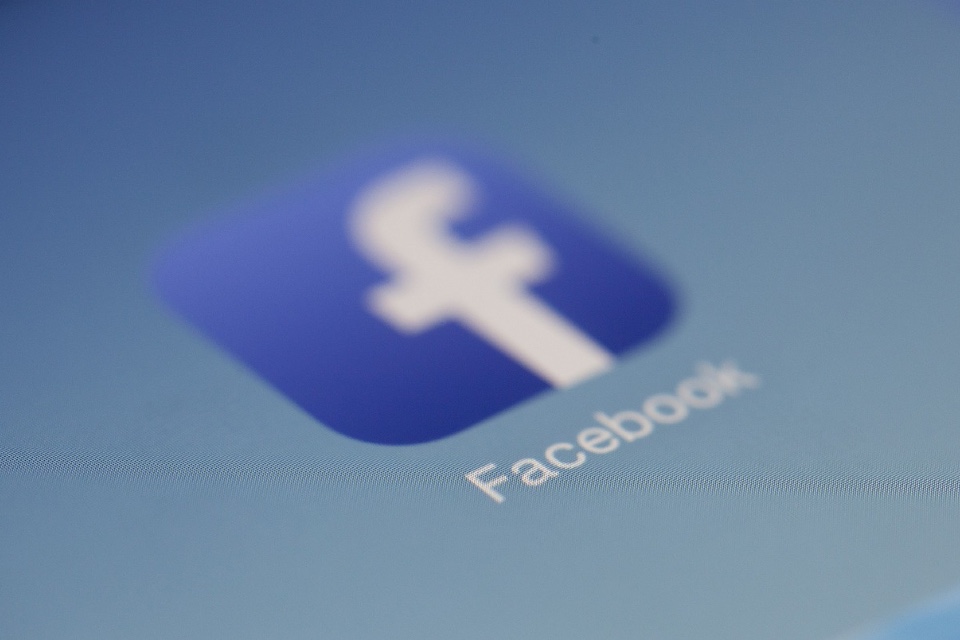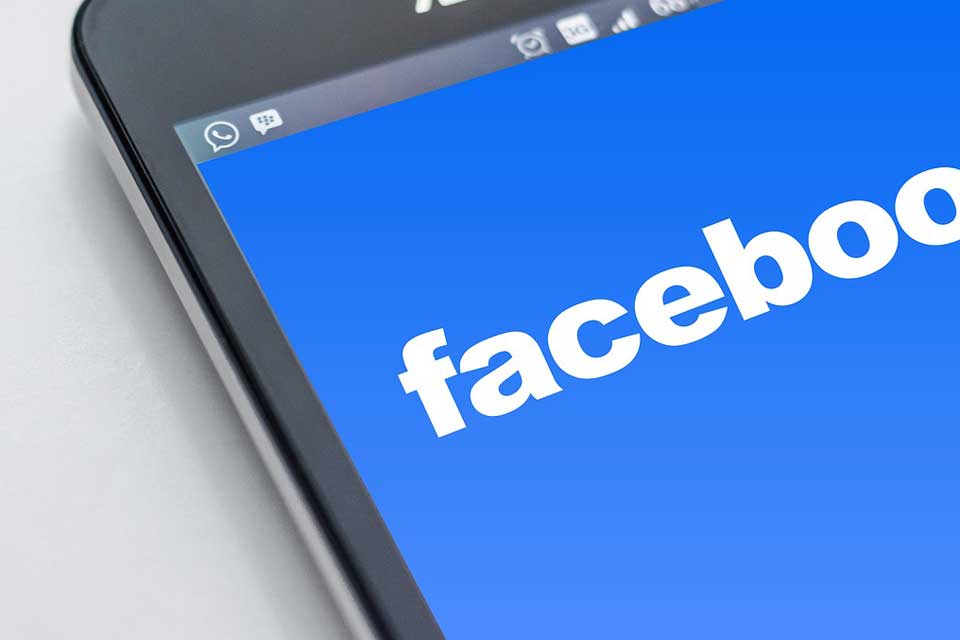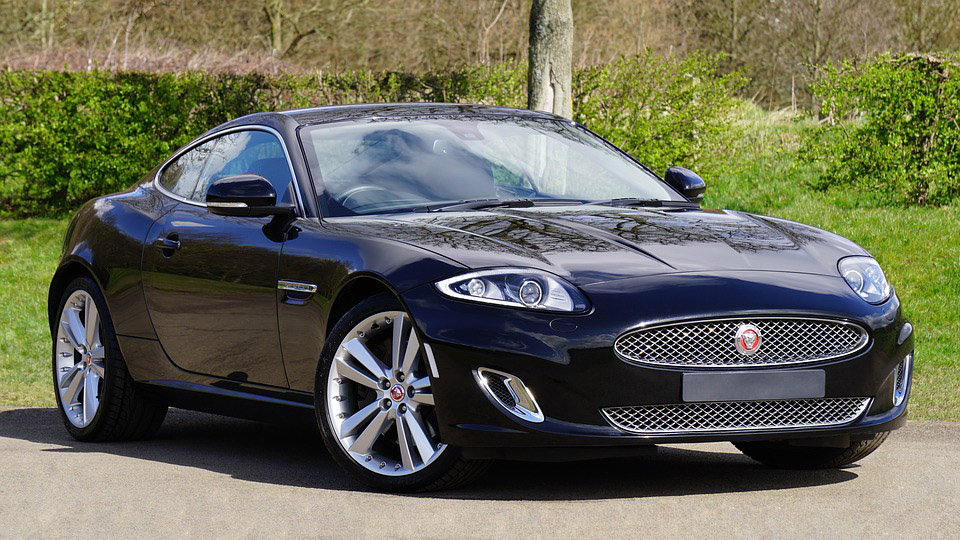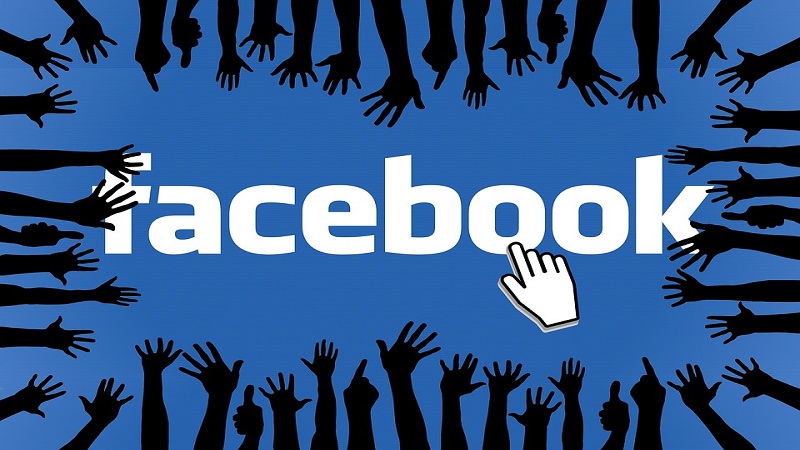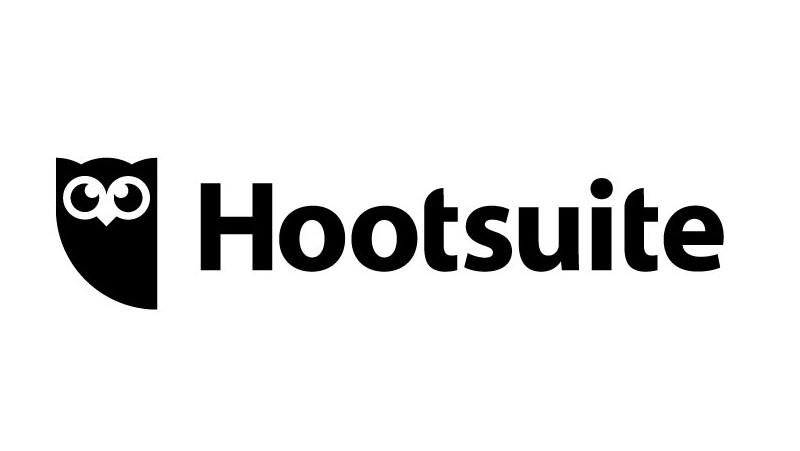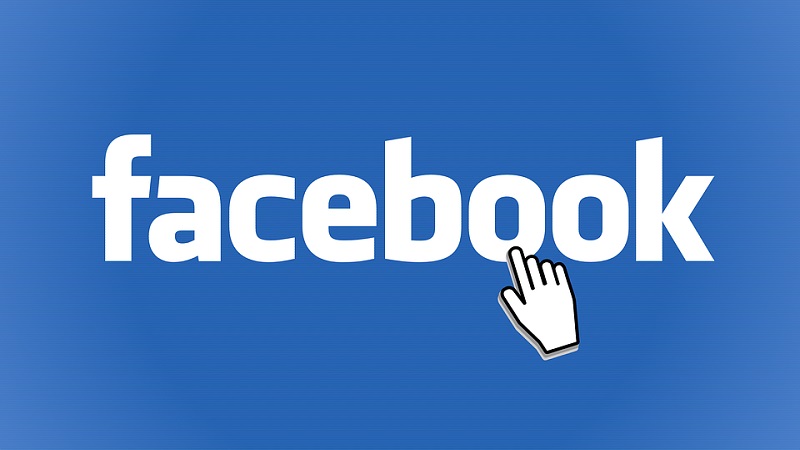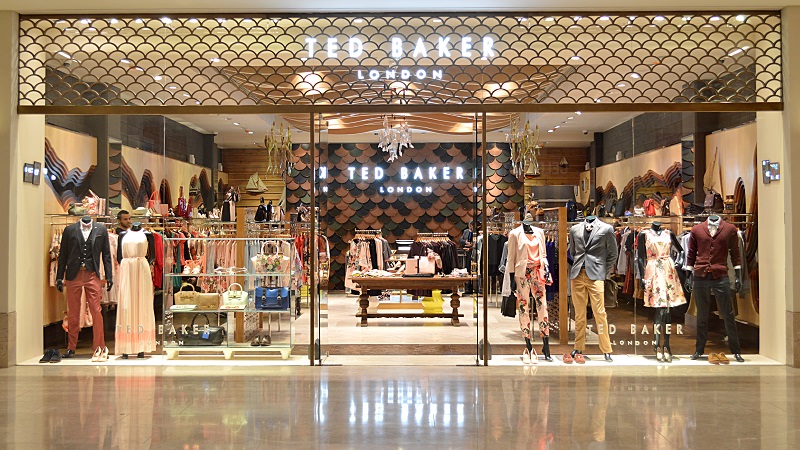Twitterati shows mixed feelings towards Meta Verified
Diverse perspectives among Twitter influencers around Meta’s user verification initiative surged dramatically in the third week of February.
Meta Platforms, the parent company of Facebook and Instagram, has launched a paid subscription bundle “Meta Verified” starting at $11.99 a month that includes account verification with impersonation protections and access to increased visibility and support.
And according to GlobalData’s Social Media Analytics Platform there has been a mixed response among Twitter Influencers following the announcement.
Smitarani Tripathy, Social Media Analyst at GlobalData, said: “Some influencers opine that the service is needed to filter fake accounts, as Meta is actually verifying and not just charging for the badge. They prefer the steps taken by Meta to verify over Twitter and slams the SMS verification of Twitter.
“Meanwhile, some influencers say this new change may also give rise to verified scammers. Influencers have also found it expensive for users as the company wants to monetize its new features. At the same time, some influencers expect the remaining social media platforms to launch verification subscriptions.”
Below are a few of the most popular influencer opinions captured by the GlobalData’s Social Media Analytics Platform:
“Meta is offering customer service with their subscription service along with verification. This is well needed on instagram as it’s filled with fraud and fake accounts… and so many ‘influencers’ who can now be verified. Nor are they charging the people already verified. $META”
“Worth noting how unrelated this is to twitter’s program. Meta is actually doing verification, not just charging for a badge. And comes with service.”
“Twitter, Facebook etc should charge all they want for verification, extra features, fewer ads, new icons, better customer support etc. Completely reasonable. But charging for things like SMS authentication and for preventing platform problems like bot impersonators isn’t right.”
“If we’re going to do paid verification at all, I’m glad Meta has required 2FA for it.
This ensures that an additional step is required upon sign in and reduces account takeover. Would love to see additional education on likely scams to steal pw/MFA for these types of accounts.”
“After Twitter Blue, #MarkZuckerberg launches Meta Verified badges! Wondering if this is actually thought out for adding real value to the audience or more for generating revenues. Also worried that this strategy may give rise to verified scammers! Will have to wait and watch”
“Meta is rolling out the ability to pay for verification on Instagram. It will change the entire ecosystem around verification as a status symbol. Will the idea of verified accounts as being important symbols fade away? Check marks mean nothing anymore.”
“Will #YouTube, #TikTok and #LinkedIn soon follow suit and launch a verification subscription offering like Twitter and Meta?”

